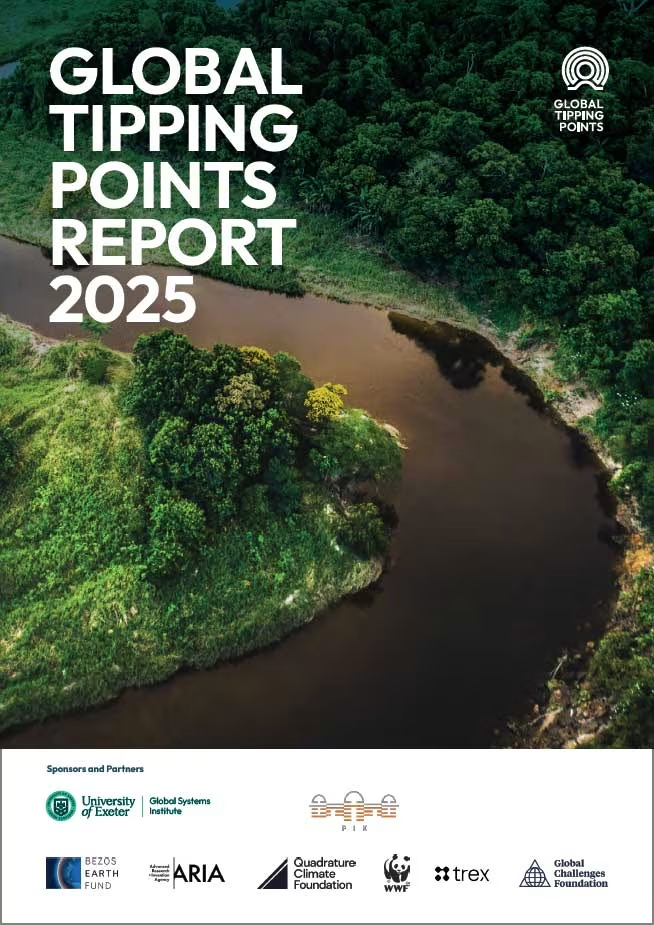This brief — Evidence in Ecosystem Restoration: Insights and Recommendations — explores how diverse forms of evidence can strengthen restoration policy and practice. It underscores the underutilization of data and knowledge in restoration efforts and provides seven actionable recommendations to improve integration. Drawing on interviews and experience from various landscapes and stakeholders, the brief highlights the need for adaptive management, broader evidence bases, multistakeholder platforms, and increased investment in learning systems.
Key messages
-
Evidence—from data to Indigenous knowledge—is essential for guiding ecosystem restoration but remains underused.
-
It supports all restoration types (e.g., agroforestry, wetlands, rangelands) and stages, from planning to monitoring.
-
While evidence can come from many sources and methods, restoration often relies too narrowly on maps and tree counts.
-
Key barriers include rigid project design, limited data access, lack of local relevance, and challenges in interpreting or scaling evidence.






